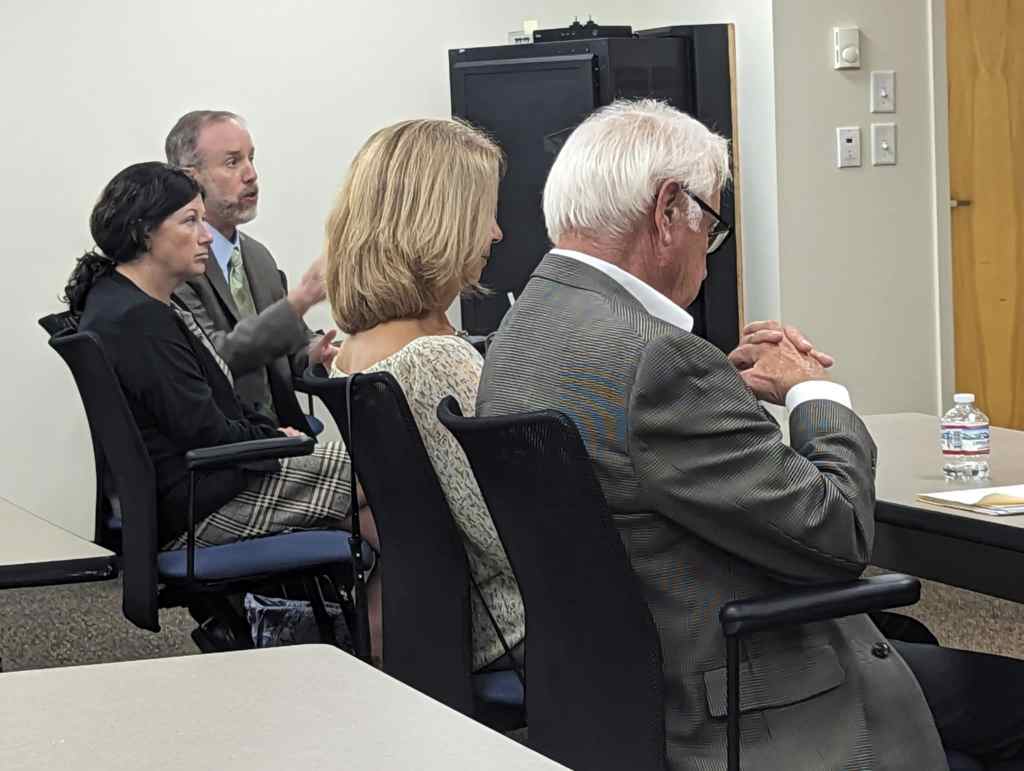BILLERICA – Andrew Graham, the supervisor of buildings and grounds for the school department, could owe the Middlesex County Retirement System more than $100,000 – one estimate puts the total at $116,000.
The Middlesex County Retirement Board opened a hearing on Graham’s case at its offices in Billerica on Sept. 18. Graham may be the first Dracut school department retiree to learn they owe the retirement system money.
At the joint meeting of the School Committee and Board of Selectmen on Sept. 15, Town Manager Kate Hodges said this case, and potentially at least one other, is holding up an audit of the town’s books, and, therefore, obtaining the town’s bond rating.
Graham is a “post-retirement employee” of the school district. He has worked for the schools for 53 years, the last 10 years as a part-timer receiving a pension. After his first year receiving a pension, the amount was upped by $15,000 under state guidelines.
The state’s website states, “A retiree must stop working when either of the following is true:
– They have worked 1200 hours in a calendar year or
– They have earned the difference between the current salary of the position they retired from and their pension.”
The current salary of the position is $145,000, Graham told the board.
Graham had reached the 1,200-hour limit by early August when he received word from the MCRB telling him to stop working. Whether Graham had already exceeded the dollar limit was not stated.
His average annual earnings were $112,000 over the last nine years, according to Lisa Maloney, chief administrator of the county’s retirement system.
Graham told the board that before retiring he met with an MCRB retirement counselor and followed the advice he received. “I’ve now been informed that the information I received was wrong,” he said.
“There was no intent to ever… it was never about the money,” he said.
MCRB Board Chair Thomas Gibson said, “The onus is on the employer and employee to track hours.”
Gibson explained, “The state has no central registry for retirees who have gone back into public employment.”
Although the MCRB has taken the case under advisement, Gibson advised Graham that “We have very little discretion here. We have to do what the statute requires.” The board cannot waive excess earnings or excess hours, he said.
The MCRB does not have a copy of the letter Graham presented at the meeting, Gibson said. The letter Graham gave them was what he received from the retirement counselor 10 years ago.
Graham’s name was not mentioned during the Sept. 15 joint board meeting, but “a personnel matter” was referenced and had apparently been discussed in executive sessions. His name became public when the MCRB published its agenda for the Sept. 18 meeting.

